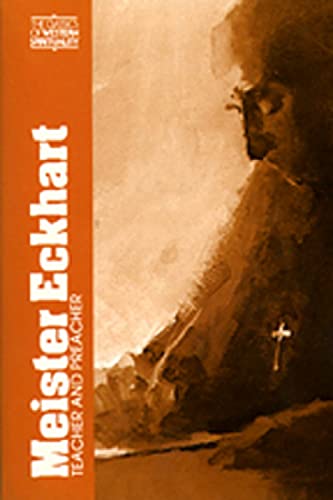A Critical and Exegetical Commentary on Jeremiah
Written by W. McKane Reviewed By Gordon McConvilleThe ICC series, begun towards the end of the last century, was never completed. Amends are now being made, with volumes commissioned on biblical books never before treated in the series, as well as replacements for some of the older contributions. The aim of the series is to ‘bring together all the relevant aids to exegesis, linguistic and textual, no less than archaeological, historical, literary and theological’. The undertaking is therefore massive, and students who have used ICC commentaries will be familiar with the thoroughness and detail which characterizes them in general.
The present commentary is the first to appear in this series on Jeremiah. It has the thoroughness which the series leads the reader to expect, and is therefore welcome even in the rash of recent writing on Jeremiah.
The author regards his treatment of the ancient versions of the OT as one of the main contributions of his work, and this is soon readily apparent. The first section of the Introduction jumps right into the complex textual questions surrounding the book. It is well known that one of the sharpest critical problems of Jeremiah is the difference in length between the Hebrew and Greek texts, the latter being approximately one eighth shorter than the former, much the most significant divergence between the two kinds of text in the OT. The questions as to which came first, whether the relationship is a simple matter of expansion in one direction or contraction in another, and how the tracing of that relationship might affect the understanding of the authorship of the book, are notoriously difficult. McKane’s general position is that the LXX rests on a shorter original Hebrew text than the Masoretic. He is not offering anything new in this, though in his many individual judgments he is independent.
In opening with the textual questions, the author is clearing the way for his general method. From the postulate of growth between LXX and MT, which can be argued for on specific textual grounds (though it is still only one possible account of the differences in the two texts), McKane, again in company with other writers on Jeremiah, hypothesizes more general growth in the book, spanning a long period of time, but grounded only on rather more subjective literary-critical arguments. The nature of the relationship between what can be regarded as early deposit, emanating from Jeremiah’s actual ministry, and later accretion, becomes one of the major concerns of the commentary.
In this he is, of course, in line with a century of scholarship on Jeremiah. The debate has largely moved on from the heavily literary hypothesis of Mowinckel which held the field for much of the present century. McKane interacts with the important, more recent contributions of W. Thiel and H. Weippert, the former arguing for extensive deuteronomic influence in the form of the present book, the latter, in contrast, that Jeremiah was himself responsible for virtually all of it. The discussion turns centrally on the relationship between the parts identified as poetry and those identified as prose. His judgments about both are salutary: on the one hand that Thiel has imposed a system on his interpretation of the text, by which he can always demonstrate that a passage is deuteronomic; and on the other, that any claim to have discovered the ipsissima verba of Jeremiah on the basis of lexical similarities between poetry and prose will always claim too much. His protest against the solution of the critical problems of the book by some grand system is important.
His own approach is to take on the question of the relationship between early and late material microscopically, i.e. in the context of short sections of text. He posits a ‘rolling corpus’, meaning that an early, small corpus of Jeremianic sayings was gradually expanded as individual sayings ‘triggered’ or ‘generated’ new ones, by means of catchwords or typical ideas, in ever new situations (after the time of Jeremiah himself). Generally, poetic statements generated prose ones, but poetry could also generate poetry, and prose prose. The procedure is therefore much more flexible than the older attempt of Mowinckel to identify whole documents by characteristic style and phraseology. It is not exempt, however, from the subjectivity that attended the old literary-critical methodology, and at times seems not very distant from it. The fact that a prose saying stands adjacent to a poetic saying with which it has features in common does not force McKane’s conclusion that it has been ‘triggered’ in some situation remote from Jeremiah’s own ministry. The extent to which Jeremiah ordered his own sayings is an imponderable in Jeremiah criticism, and the origin of most of the book with him remains defensible, despite McKane’s neglect of the possibility.
There is nevertheless a certain freshness about the book. The Introduction has the air of a man reflecting critically on his own work, and there is an attractive modesty about his conclusions. I have major reservations about his understanding of the Word of God, pp. xcvii–xcix, which excludes any idea that God has spoken in the words of the book of Jeremiah. As a tool for students it is very ‘Advanced level’. It suffers, furthermore, from the fact that the commentary itself is not divided according to modes of interpretation (textual, exegetical, theological). This makes it less easy to use than, say, the Hermeneia of Word commentaries, though they are heavyweight too, and indeed I think that attention to theology has suffered as a result.
Gordon McConville
Cheltenham and Gloucester College of Higher Education







